Description
“We fought over the sky, and we lost the land,” says Antoun Saadeh. Sahar Khalifeh begins her new novel, “Land and Sky” (Dar Al-Adab), which she will sign this evening at the UNESCO Palace in Beirut. The same phrase inspired the Palestinian novelist (born 1941 in Nablus) to write the title of her book. “This statement is the crux of these wretched times. We still suffer from the curse of sectarianism. Antoun Saadeh was one of the first to warn of the dangers of sectarianism. That’s why I chose to write about him. We are in dire need of reconsidering Saadeh’s thought and struggles,” she tells Al-Akhbar. Thus, the book revolves around the founder of the Syrian Social Nationalist Party, marking an important turning point for the novelist, who was previously preoccupied with the reality of women in Palestinian and Arab society, before deciding to refute the causes of the defeat by presenting the experiences of Palestinian and Arab activists. Thus, “Land and Sky” is the third and final part of the trilogy, which also included “Origin and Departure” and “My First Love.” What did she want to convey through the characters found in the three novels, such as Rabi’, Amin, Lisa, and Nidal? Her answer revolved around the artistry of the novel, as “characters are the backbone of the novel.
There is no novel without primary and secondary characters. Were it not for the characters I mentioned, we would have considered “Land and Sky” a biography of a historical figure. However, their presence and interactions with the main character, Sa’adeh, are what transformed the work from biography to novel. These are fictional, unreal characters, but they act as extras, or as a test and touchstone for the influence of Sa’adeh’s thoughts, actions, and interactions. Through their different eyes, we see Sa’adeh, each from his own point of view, thus obtaining a panoramic, almost objective perspective on thought, action, and events. In short, this is a well-known literary game that I did not invent, but I benefited from.”
It’s true that the novel isn’t Saadeh’s biography, but the latter took up the bulk of it, making it closer to a biography. In Origin and Chapter and My First Love, the focus was on fictional characters, with the revolutions of Izz ad-Din al-Qassam and Abdel Qader al-Husseini being discussed among the events that took place with the characters. Khalifa says, “Saadeh is the main hero of my novel. I chose to write about him now because his thought and struggle are the best for this time. Sectarianism surrounds us today in every country. Look at Iraq, Syria, Egypt, Lebanon, and every spot in the Arab world. What do you see? Where is the Arab Spring? The curse of sectarianism has afflicted it and turned it into an autumn, or rather a winter of extreme cold and desertification. Unless we resist it, as Saadeh did, our fate is dark and pitch black. This is what Saadeh warned against, and he was martyred during his resistance.” She pauses for a moment before adding, “In *Land and Sky*, I wanted to say: Let us learn from history and its mistakes. We are still going around in circles, dominated by self-interested politicians who are incompetent and dishonest, by sectarian divisions, by our social decline and collapse, and by our submission to the will of the West and to tribal and clan sheikhs. We have had great revolutions and great revolutionaries who brought forth the most sublime ideas, theories, and practices. But the backward atmosphere, with its rulers subservient to foreign will, the religious institutions steeped in backwardness and reactionism, and the failure of most social strata to keep pace with modernization and progress, defeated us just as they defeated Saadeh. If he had not been defeated, but had lived to realize his dreams of a modern civil state, would Lebanon be as it is now? Would Syria be in this devastation, terror, and absurdity? Would we have lost Palestine? Would we have lost Iraq? All these questions swirl through my mind as I search for answers buried in history.
Before concluding our chat, we asked her about the activist “Amin,” who dies at the end of the novel. Did Khalifa intend to announce the death of party institutions by doing so? She quickly answers: “The party secretary died as a fighter who never abandoned his principles. Despite Saadeh’s martyrdom and the party’s fragmentation, Amin died loyal to his party. If you want to know if I believe in the importance of parties, even though I was never a party member, I can say with all my heart that parties are absolutely necessary at this time when chaos and fragmentation are eating away at our Arab societies. What did we see when the Arab Spring erupted in an attempt to change course? We saw Islamist and Salafist organizations reaping the fruits amidst the fragmentation of nationalists, leftists, and liberals. The most prominent example is what happened in Egypt. We cannot win against Islamists, Salafists, or foreign wills while we are scattered and fragmented. As for the youth and their pioneering role, this is a reality. They are the ones who sparked the Arab Spring and toppled the old regimes, but they also need to be organized. Parties are an existential necessity, not just a political one. The people need a leadership that plans, programs, and unifies the ranks. And where does leadership come from? From the army? That is unacceptable. From religious institutions? Of course not. “Descent from the sky? The age of miracles is over.” At the end of our chat with her, she says, “It’s enough pride for me to have opened a literary window on a man whom some likened to Guevara, and others to Aristotle when they killed him for his ideas. He told us before his passing, as if he knew what had happened to us: ‘If we fight over the sky, we lose the earth. Thanks to religion, as it was interpreted and exploited, we have returned to tribes shrouded in ignorance and conflict.'”

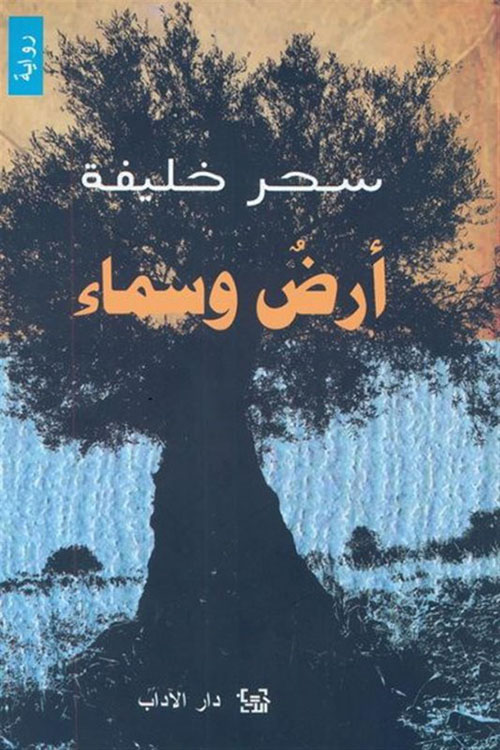
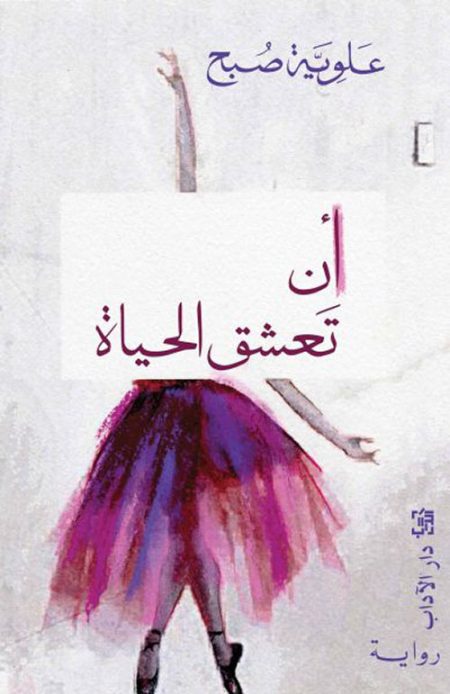
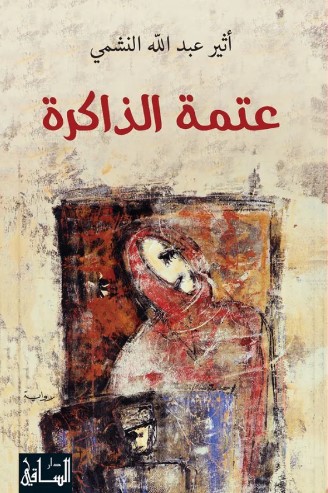
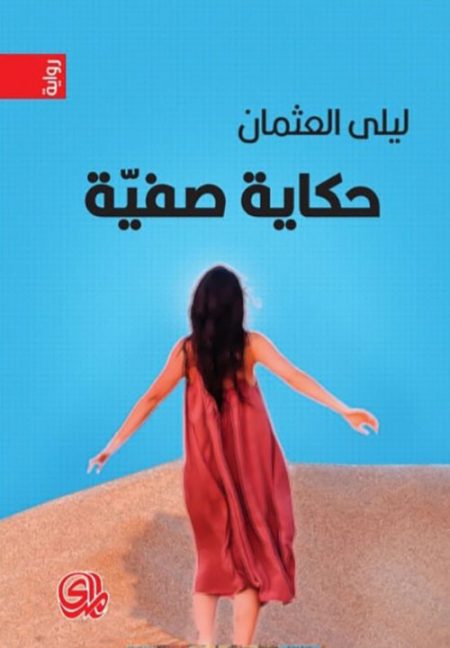
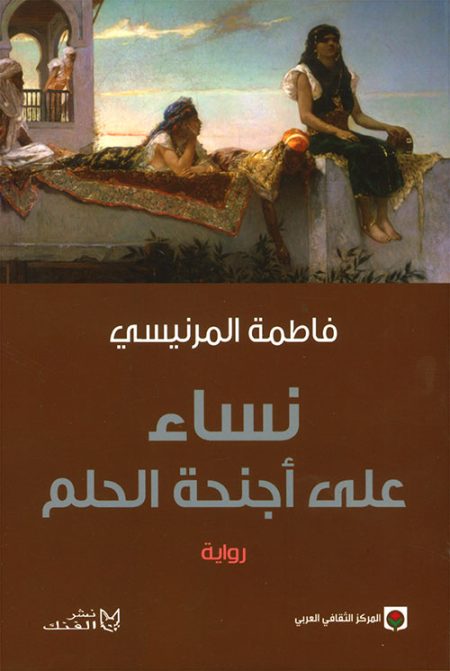
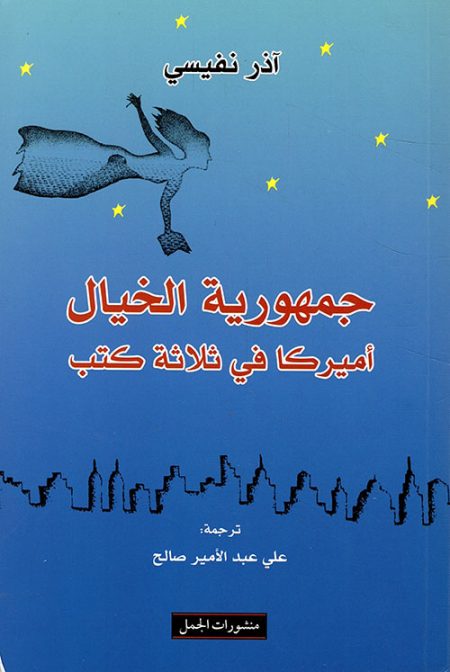
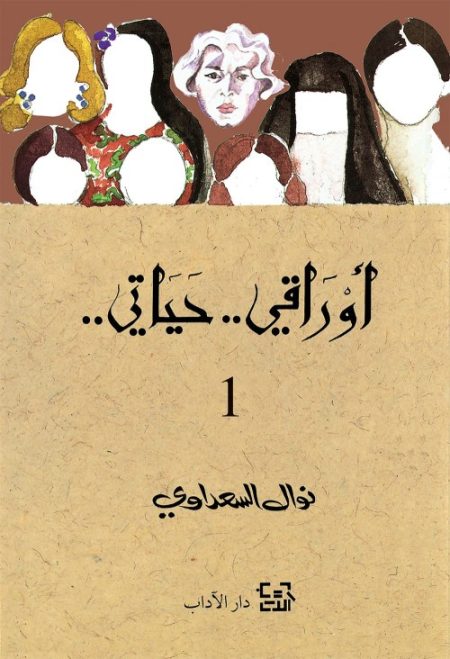
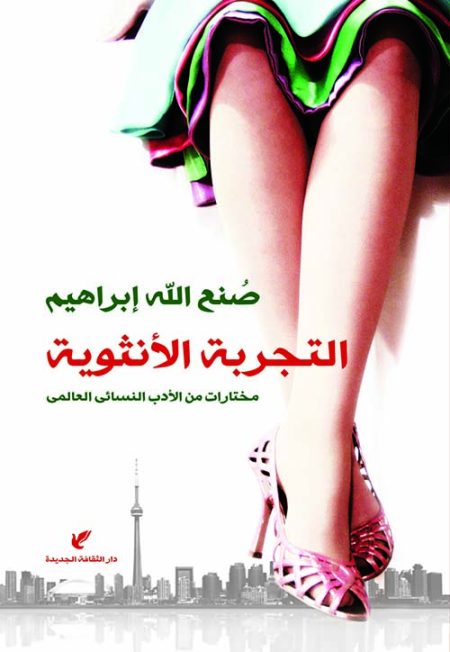
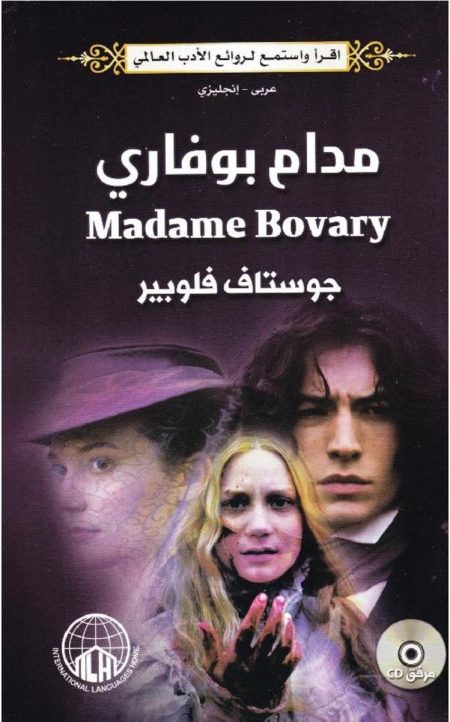
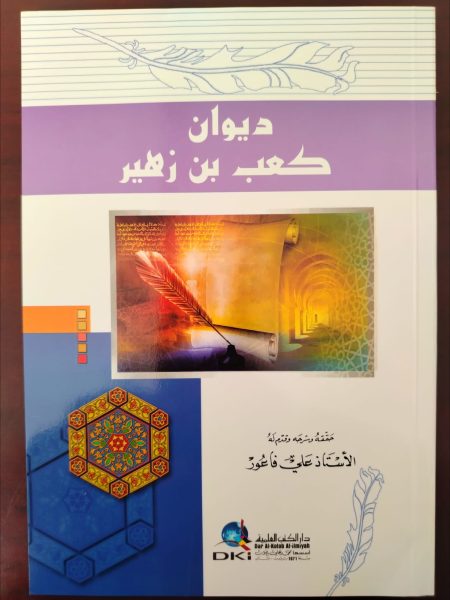
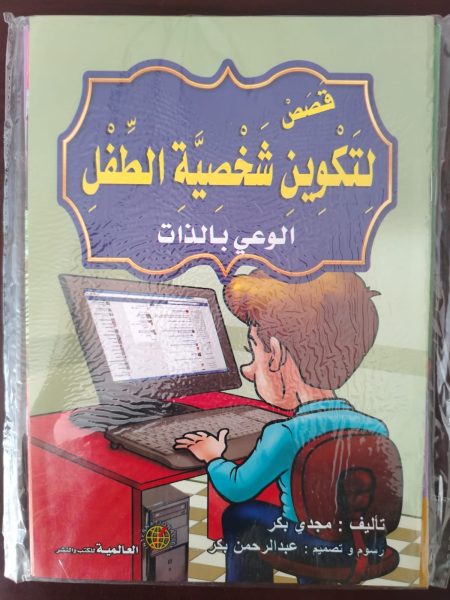
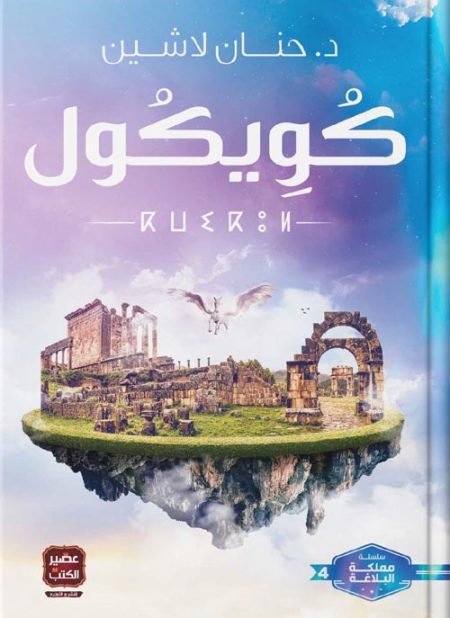

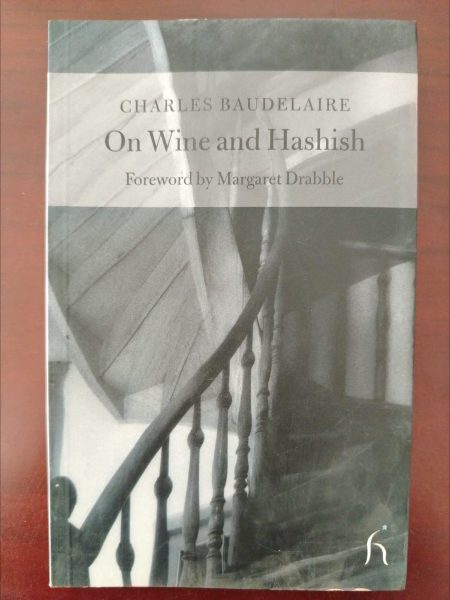
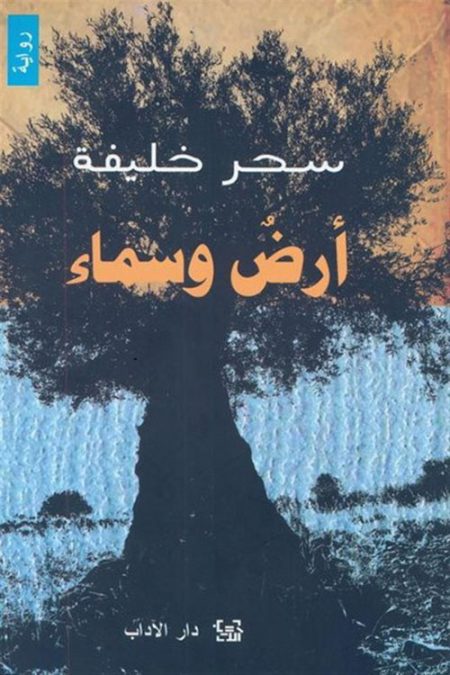
Reviews
There are no reviews yet.